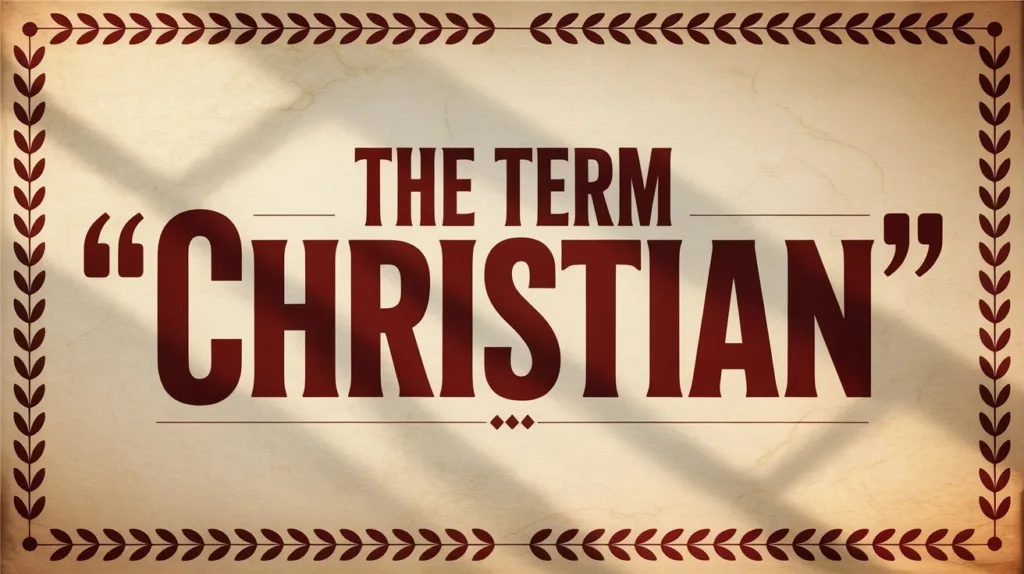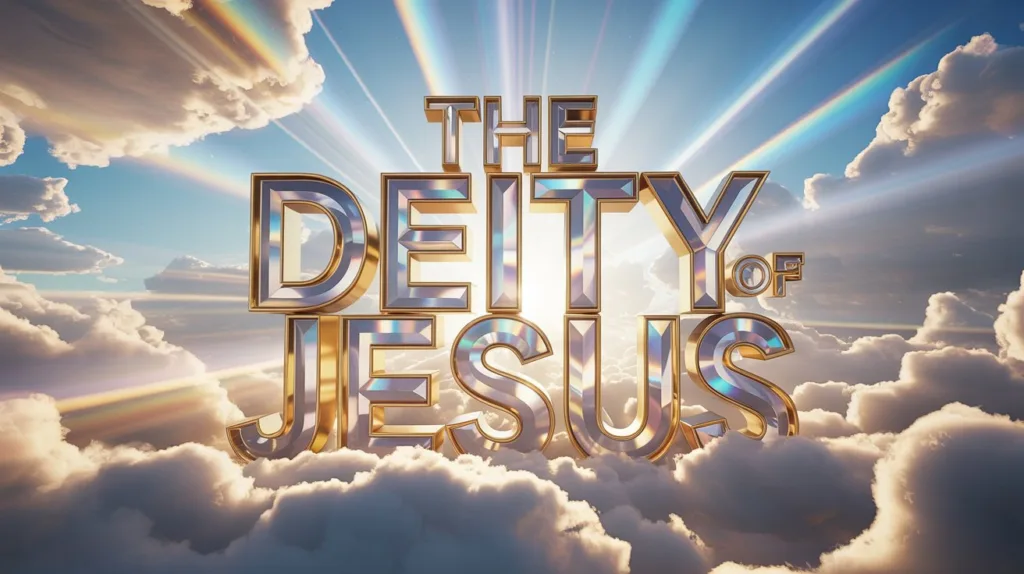The people of Nineveh repented because they believed the word of God delivered through Jonah, and they feared the coming judgment. Their response was immediate and thorough, from the greatest to the least, and included acts of mourning, fasting, and turning from their evil ways.
After Jonah’s reluctant obedience, he entered the city and declared:
“Yet forty days, and Nineveh shall be overthrown!”
(Jonah 3:4)
Though Jonah’s message was short and direct, it carried divine authority. The Spirit of God convicted the people, leading to widespread repentance:
“So the people of Nineveh believed God, proclaimed a fast, and put on sackcloth, from the greatest to the least of them.”
(Jonah 3:5)
Even the king responded with humility and seriousness:
“He arose from his throne and laid aside his robe, covered himself with sackcloth and sat in ashes.”
(Jonah 3:6)
He then issued a decree:
“Let neither man nor beast… taste anything… but let man and beast be covered with sackcloth, and cry mightily to God; yes, let every one turn from his evil way and from the violence that is in his hands.”
(Jonah 3:7–8)
Their repentance was not superficial. It was marked by faith in God’s warning and a desire to change. The king’s hope was:
“Who can tell if God will turn and relent, and turn away from His fierce anger, so that we may not perish?”
(Jonah 3:9)
God saw their genuine response:
“Then God saw their works, that they turned from their evil way; and God relented from the disaster that He had said He would bring upon them, and He did not do it.”
(Jonah 3:10)
This event stands as one of the most dramatic national repentances recorded in Scripture. It reveals the power of God’s word, the possibility of mercy even for the most wicked, and the effectiveness of true repentance.





 Get the book that teaches you how to evangelize and disarm doctrines from every single major cult group today.
Get the book that teaches you how to evangelize and disarm doctrines from every single major cult group today.